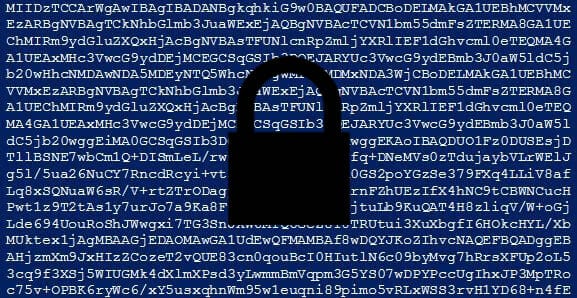Tech giants such as Apple, Google, Microsoft have come together to officially oppose ‘official backdoor” proposition for electronic devices. They contend that a “backdoor” is a backdoor for everyone, including the “bad guys”.
The demand for making a backdoor key available to the law enforcement agencies was made after the Paris attacks earlier this month. This “backdoor” would allow law enforcement authorities to circumvent encryption technology for cellphones.
“After a horrific tragedy like the Paris attacks, we naturally search for solutions: weakening encryption is not a solution,” said Dean Garfield, President of the organization, representing dozens of blue chip companies like Apple, Google, Microsoft etc.
The Information Technology Industry Council, which represents 62 of the largest technology companies worldwide, have officially issued a statement to oppose the idea for weakened encryption to curb terrorist attack such as the Paris attacks earlier this month. 129 people were killed and hundreds were left wounded after the terror attack in Paris.
Governments feel that encrypted communication has put intelligence services at a disadvantage as they cannot view the contents of the messages sent between the users.
The media coverage of the attacks revealed that the terrorists used service like Whatsapp while to plan out the attacks. Whatsapp is said to have an encryption which is almost impenetrable.
“Encryption is a security tool we rely on every day to stop criminals from draining our bank accounts, to shield our cars and airplanes from being taken over by malicious hacks, and to otherwise preserve our security and safety,” stated the Information Technology Industry Council (ITIC) website on Thursday.
Garfield feels that weakening encryption would create vulnerabilities which can be exploited by the bad guys, causing certain financial and physical damage to the society and the economy.
“It’s impossible to end encryption. You would be eliminating commerce on the Internet,” said Alex Salazar, co-founder, and CEO of cybersecurity start-up Stormpath. “You can’t do logins, credit card transactions, health-care, really anything that is sensitive.”
One of the biggest reasons, apart from privacy concerns and technological feasibility, for not providing US authorities the backdoor key is that most of their customers are from outside the US. These companies are in a big dilemma. They must find a mid-way to the demands for such backdoor key while protecting the interest of their customers and users. Either their customer’s privacy or national security is going to face a major blow due to the response by ITIC.
The opposition to the creation has found support from various other quarters such as Software & Information Industry Association (SIIA).
Encryption protects not just government and commercial databases, but critical national infrastructure such as hospitals, airlines, and nuclear power stations — exactly the targets terrorists would attempt to hack and destroy. If the U.S. government gained backdoor access to encrypted material, it is possible that other governments and non-government actors would as well and encryption would become useless. It is for these reasons that SIIA opposes encryption backdoors.” said Mark MacCarthy, senior Vice-President of public Policy, SIIA in his recent blog.









